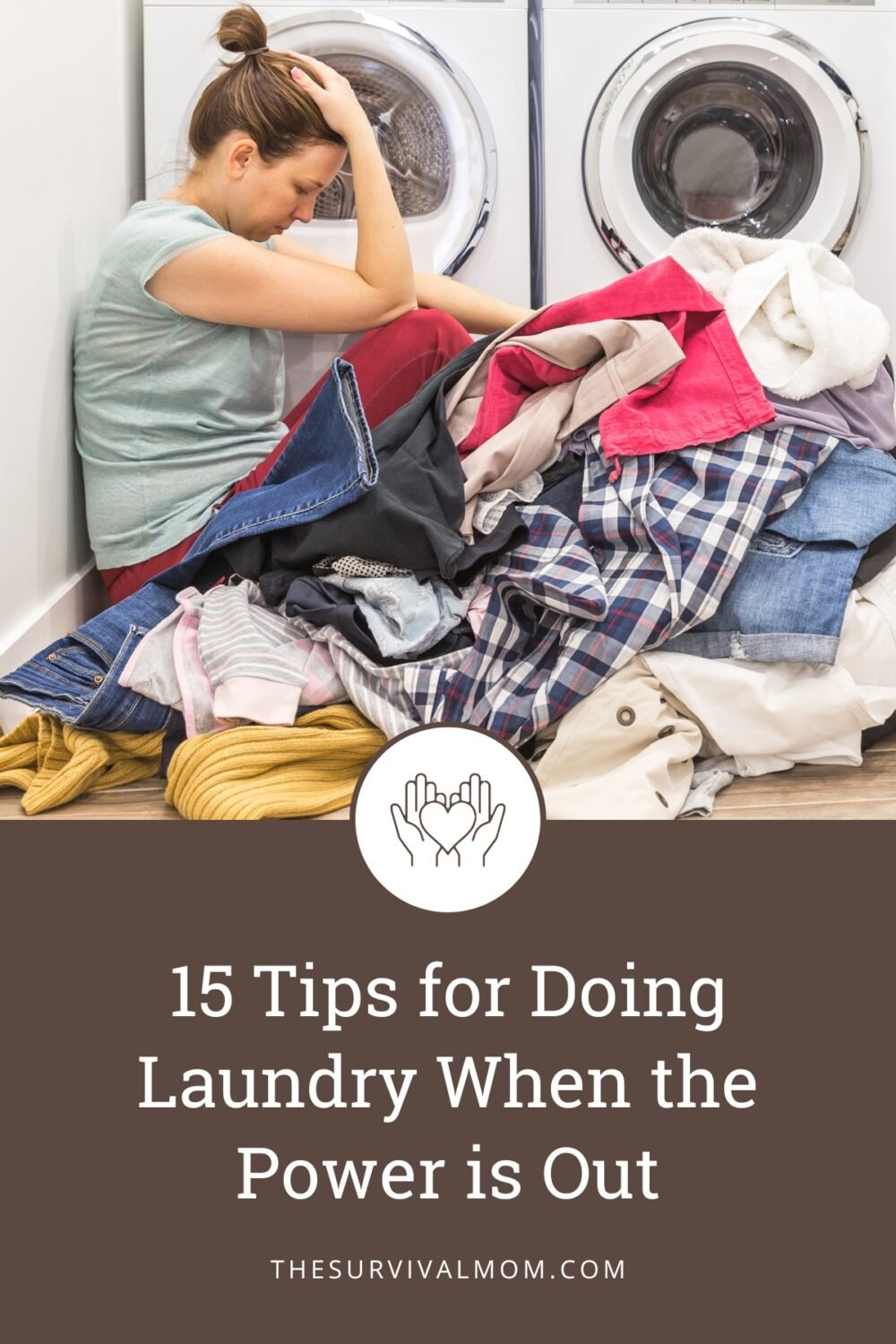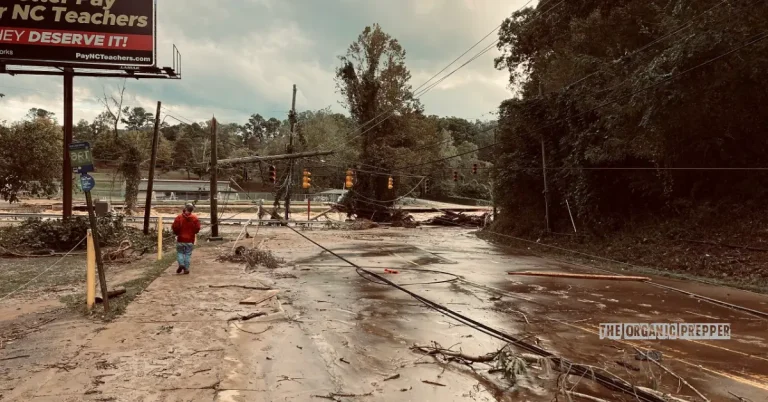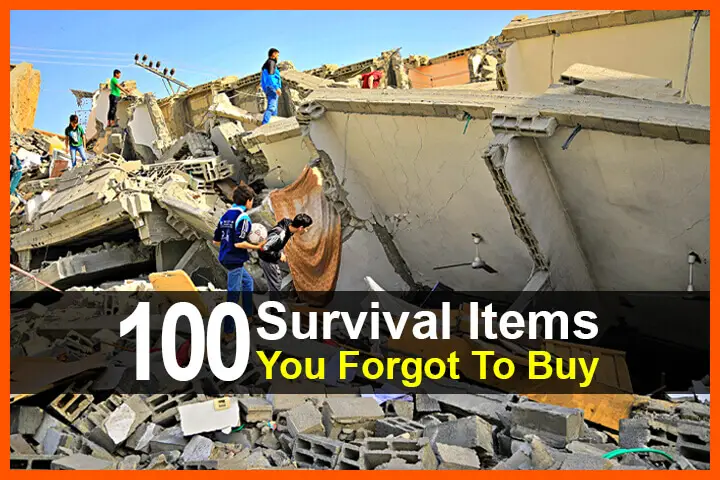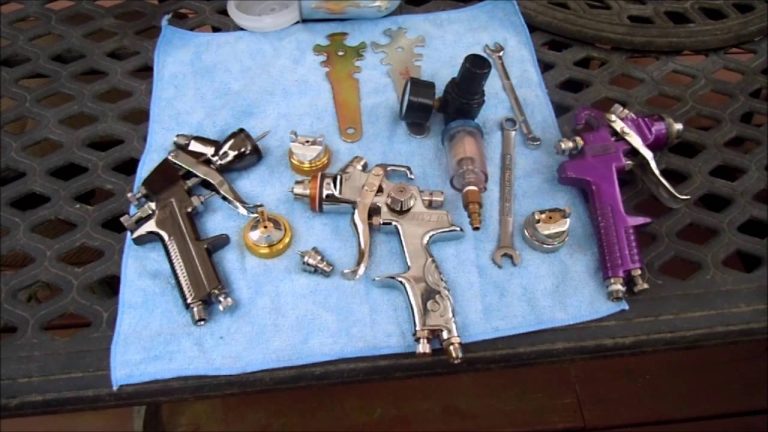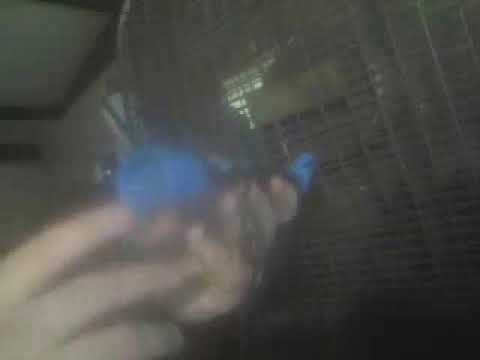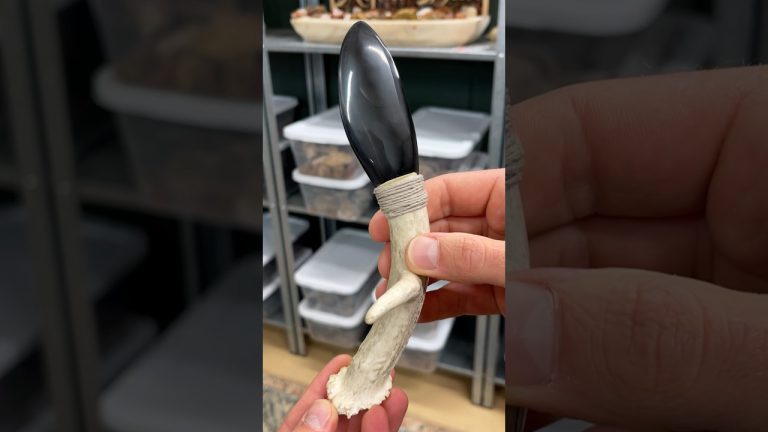Some of the links in this post may contain affiliate links for your convenience. As an Amazon associate I earn from qualifying purchases.
Did you know there are “smart” washers and dryers that you can operate remotely from your phone? You can start, stop, and monitor cycles, receive notifications when cycles are finished, use voice commands, and integrate them with a “smart” home. Sounds amazing, right? Well, all those fancy features mean diddly-squat when the power is out! Instead of fancy features, I’ve got some useful no-power laundry tips to help take some of the pain out of a chore most of us dread even when we do have power.
Why Do You Need These Tips?
That’s easy. Who likes doing laundry? Not me. And if it all has to be done by hand, well, I need some serious motivation, plus every make-it-easier pro hack I can find. So here is the serious motivation:
- Practice, practice, practice. If you’ve got gear you’ve never used, get it out and become proficient in its use. If you’ve got skills you’ve neglected, polish them up. A disaster is not the time to figure out how to use something or do something.
- Maintain good hygiene. If you’re saying to yourself: Cleaning laundry is gonna be the last thing on my mind in an emergency. Perhaps. At least in the beginning. However, if you manage to survive a disaster, do you want poor hygiene to sicken or even kill you or your loved ones? I think not. And besides, it may just be a super long power outage that has you seeking alternative methods to wash clothes. Clean undies, anyone?
15 Tips for Cleaning Laundry Without Electricity
- Do your best to keep up on laundry. When an emergency happens, you will feel some sense of assurance that most of your family has clean underwear. In fact, hurricane-hardened moms know to go on a laundry-cleaning marathon once a hurricane is just 3 or 4 days out. If the power goes down, at the very least you’ll have clean sheets, towels, clothes, and plenty of clean underwear!
- Assign a laundry day to each person in the home. If they are old enough to, have them be responsible for their own laundry, this includes their linens. Teach and help younger children how to do laundry, including sorting, which detergent to use, how to remove stains, how to fold each type of item, and finally, where everything goes once folded. When they are 12 years old they should have this mastered. It’s a life skill. Am I right?
- Stock up on laundry soap, dryer sheets, fabric softener and stain remover. A three month supply would be awesome! Aldi usually has low prices on laundry soap.
- We have stored bars of Fels-Naptha and Zote soap. These bars can serve as a pre-treatment stain remover and as detergent. They are inexpensive, small, easy to store, and last a long time.
- Let laundry soak. Pre-soaking heavily soiled items helps to loosen dirt and grime. Work smarter, not harder.
- As a bonus, Fels-Naptha can be used for poison ivy treatment, cleaning very greasy/dirty hands, and household cleaning. Do not wash dishes with it or use it as a regular hand soap.
- Zote is a great soap for those with sensitive skin or for laundering baby clothes and cloth diapers. It has a strong scent, however.
- Brush or shake off dirt and debris. Common sense here. If you can keep it out of your wash water to begin with your water will last that much longer.
- Rinse with vinegar. Use white vinegar in the rinse water to soften clothes and other laundry items and to remove soap residue.
- Wear an apron. Think Little House on the Prairie. You decrease the amount of dirty clothing because its (hopefully) only the apron that’s getting dirty.
- Clotheslines and clothespins are a must. Clotheslines come in a variety of styles. Buy what works best for your home and size of your family. Be prepared to have a drying method for inside your home on rainy and/or wintery days. Wet clothes have been known to freeze solid on a clothesline!
- Have a backup location to wash and dry. In some areas the weather is wonderfully cooperative! Other places, not so much. Consider the bathroom a great place to wash. You will need to drain the water somewhere and hanging a laundry line over the bathtub works perfectly. Another location might be a garage or basement for hanging clothes to dry.
- Once in a while, wash clothes by hand or just bypass the dryer. There is much to learn about the art of hanging clothes on a line. More people than you might think continue to use a washboard for scrubbing clothes by hand. This is an urban off grid living skill to know.
- In a true grid-down scenario or a severe drought, be prepared to recycle your grey water. Grey water is the water that you used to do laundry and can be used to water plants, flush toilets, wash a vehicle, or other uses that don’t involve contact with food. If you’re planning to do this, use water that has not been used to wash underwear, since any water that comes in contact with feces will be too contaminated to re-use. The solution for that is simple: schedule one or more loads of “underwear laundry” per week and wash everything else separately.
- Consider buying a non-electric washing machine as a backup for power outages. These units run around $70, and one brand to look for is the WonderWash. Some of these units have a foot pedal or a hand held crank and hold about 6 lbs. of clothes. They require less physical strength and it only takes a few minutes of turning to have clean clothes. Rinsing goes fast and the clothes can be spun to expel much of the water.
Laundry day is a universal chore we all face but when there’s no power; it’s the little insights and hacks that can turn this seemingly daunting task into a manageable one. While it might not be the most straightforward task, it’s absolutely achievable with the right knowledge and a few tricks up your sleeve.
What tips would add you add to this list?







